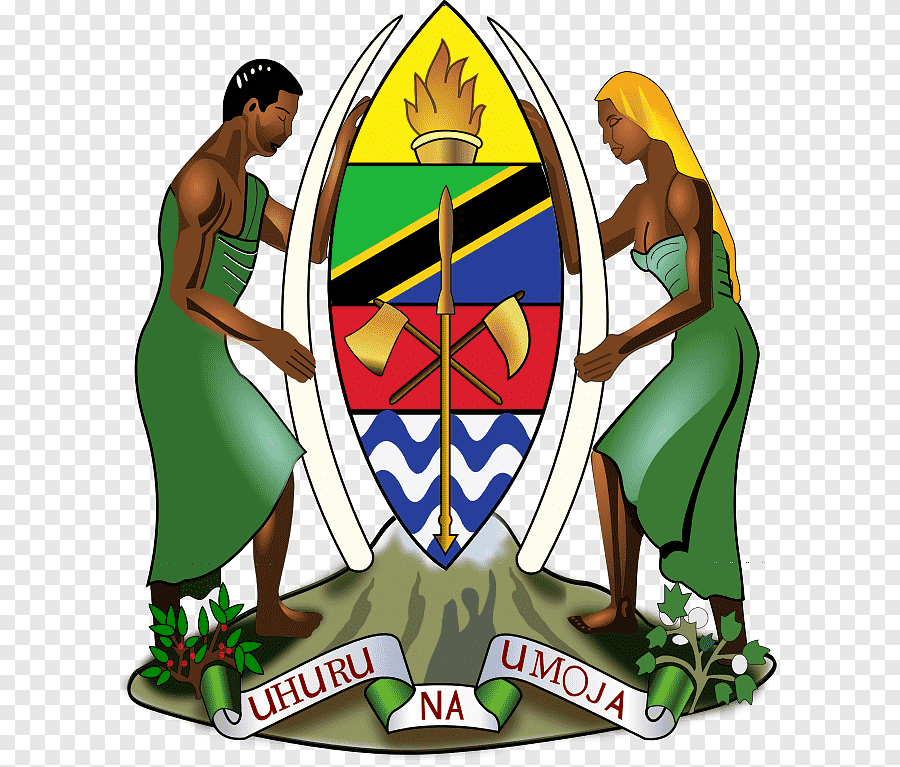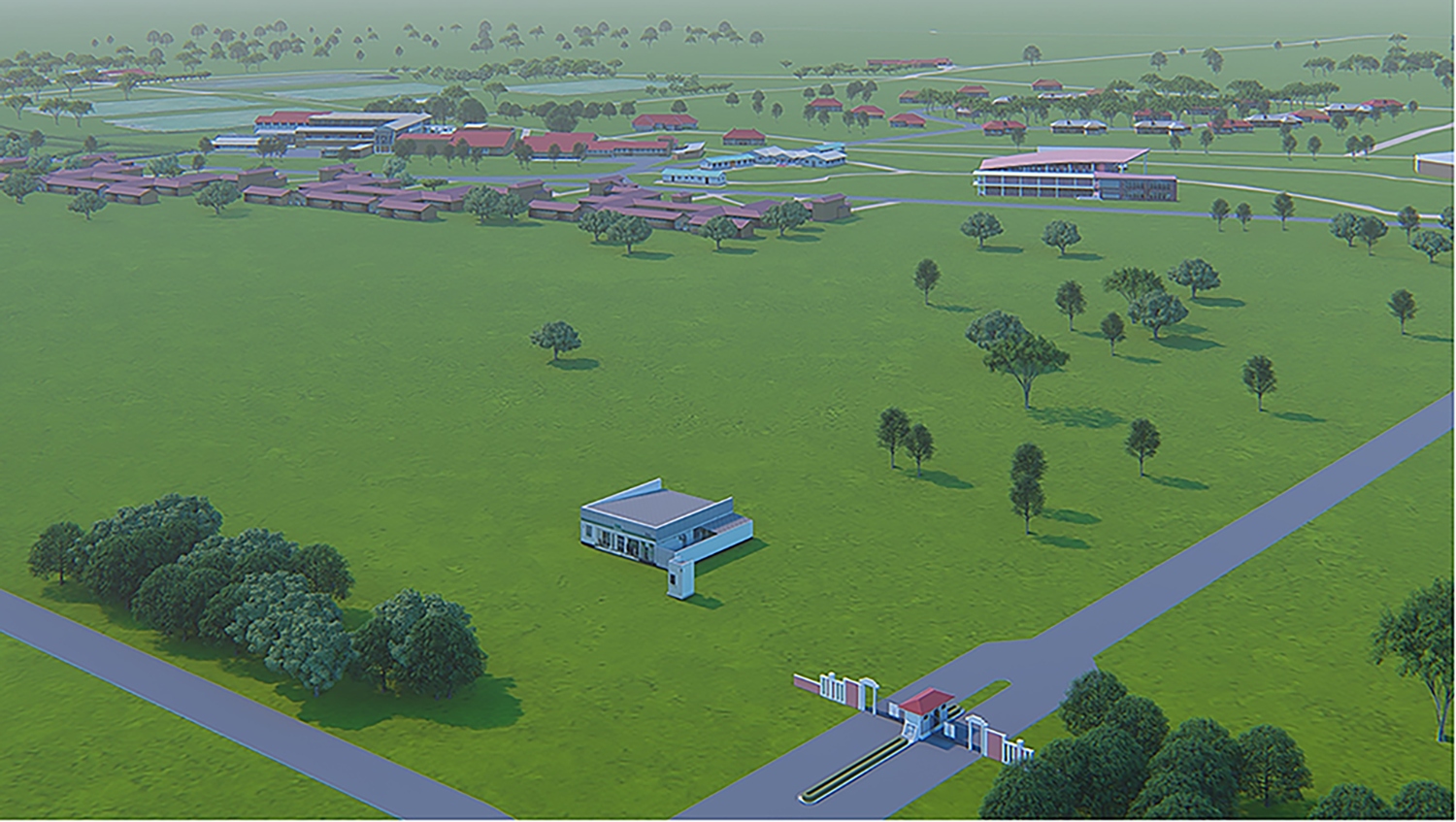Campus Size
The College campus spans 258 acres of land, comprising both a built environment, which accounts for approximately 25%, and a natural environment that constitutes the remaining 75%. The natural environment includes hills and valleys, giving rise to seasonal streams, as well as natural shrubs and bushland. The built environment holds historical significance and contributes to the overall physical development of the College.
Number of Students and staff
MUCE serves a diverse student body with over 6,000 enrolled, including both undergraduate and graduate students. The College boasts a dedicated team of 208 academic staff and 166 administrative staff who contribute to its academic and administrative functions.
The College highly values diversity and embraces students from a wide range of backgrounds and with varying special needs. This commitment promotes a vibrant and inclusive multicultural learning environment, fostering a rich tapestry of perspectives and experiences among our student body.
Accreditation
MUCE has been accredited and chartered by the Tanzania Commission for Universities (TCU) since 2005, operating as a university college under the University of Dar es Salaam. This signifies that MUCE meets the required academic and institutional standards set by the government of Tanzania for higher education institutions. It is authorized to offer university-level education and confer degrees in various academic disciplines.
Rankings and Recognitions
In the list of top universities released by the EduRank in February 2024 (https://edurank.org/u/udsm/rankings), the University of Dar es Salaam (UDSM), of which Mkwawa University College of Education (MUCE) is a part of it, achieved notable rankings:
- In Africa, UDSM secured the 25th position out of 1,104 universities, indicating its standing among universities on the African continent.
- On a global scale, UDSM was ranked 1,603rd among 14,131 universities worldwide. Remarkably, within Tanzania, UDSM earned the top position, ranking 1st among the 31 universities in the country.





